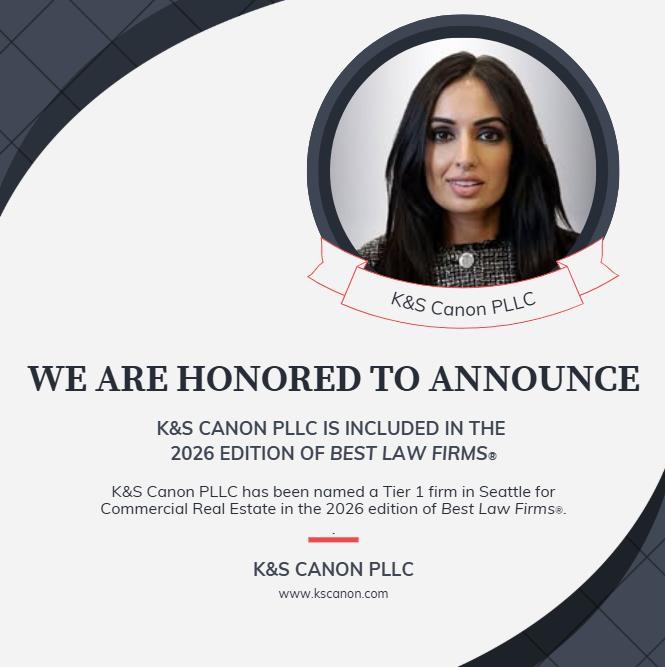Uniform Commercial Code (UCC) lien filing or just “UCC Filing”
Protecting Yourself as a Creditor with a UCC Filing

A Uniform Commercial Code (UCC) lien filing or just “UCC Filing” is a notice filed by lenders to stake claim in borrower assets. A UCC lien can cover all or specific assets and can be made against businesses or individuals. As a business owner, before extending credit to someone, you want to be sure to check for UCC Filings already against them and ask them for a security agreement to collateralize the credit you offer. You also want to be certain to record it by filing a UCC-1 Form. Filing a UCC and negotiating a security agreement during the initial process is generally much less expensive than engaging in a drawn out court battle after default. It may even ensure you get paid even if the debtor files bankruptcy. Should the debtor not pay you for some reason, the UCC provides you the right to demand or even seize collateral. If necessary, you can get a court order and the sheriff’s assistance that would permit you to auction off collateral and keep as much of the proceeds needed to pay the debt and recover your collection expenses.
What is a UCC Lien?
When a business enters into a financing agreement, a UCC lien may be filed against any of the assets pledged to secure the loan. The lien is a notice to other potential creditors that the debtor owes the lender money and assets are pledged to that lender until the debt is repaid.
How do UCC Liens work?
Usually the UCC filing process starts when a business agrees to pledge assets to a lender for a loan or a business line of credit by signing a security agreement. The security agreement gives the lender the right to use the assets as collateral for the loan. Once the agreement is signed, the lender will usually file a UCC lien. The liens work on a first come first serve basis. If there is a default, the first lender that filed a UCC lien will have first rights to the asset(s). UCC liens prevent businesses from getting multiple loans secured by the same assets.
What are UCC Liens Filed Against?
Typically, they’re filed against assets like office equipment, fixtures, receivables, inventory, investment securities, vehicles, real estate, operating equipment, promissory notes, letters of credit, or other goods of the business.
What are the Types of UCC Liens?
There are generally two different types:
- UCC liens against specific collateral or
- blanket liens.
A UCC lien against specific collateral is when the lender has security in one or more asset but doesn’t have an interest in all of the business’ assets. They are most common for loans that have a specific purpose, such as equipment or inventory financing. For example, if you provide financing for a commercial vehicle, you would likely file a UCC lien against the commercial vehicle and nothing else.
A blanket lien is against all of the assets of the business and is usually more favored by lenders. These are common for traditional bank loans, Small Business Administration (SBA), and alternative business loans. However, other lenders will use them too for short term business loans, commercial real estate loans, inventory financing, invoice financing, and merchant cash advance. Traditional banks and SBA loans use this type of lien to fully secure their loan. Alternative business loans usually use this lien because the business doesn’t have enough hard assets for the loan.
How Do You Know If There is already a UCC Lien?
The UCC Filings are public records. To make the lien valid, the lender needs to file a UCC Financing Statement (Form UCC-1) with the Secretary of State where the debtor’s business is incorporated. The statement has a description of the lien, the identity of the lender, and the identity of the debtor. Each state has a different way to search the UCC Filings, but they can usually be found through the Secretary of State website for that state. Since situations vary, speaking with your attorney may be the best place to start. Done properly, UCC filings can be important for achieving stronger cash flow for your business and ensuring you get paid.
Every situation is unique. The information provided in this blog is for general informational purposes only. I can only advise on Washington law. I highly recommend consulting with a certified public accountant to address tax advantages or disadvantages specific to your financial situation. If you have specific questions, please feel free to reach out to the attorneys at K&S Canon for personalized guidance.
TRENDING POSTS
What Our Best Law Firms Recognition Really Means for Your Bankruptcy and Real Estate Matters
November 11, 2025
Construction Contract Disputes in Washington: When to Negotiate, Mediate, or Litigate




